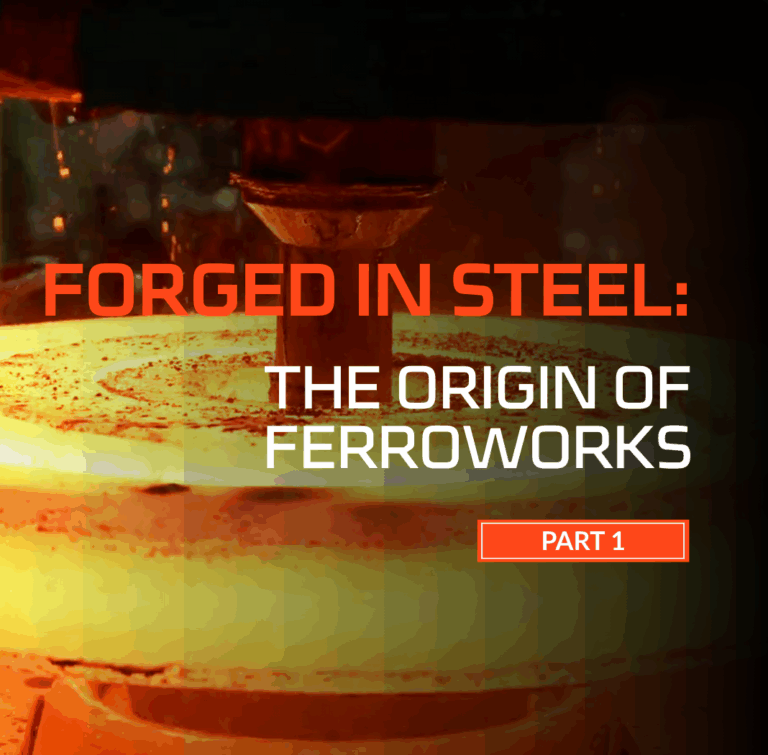
The origins of FerroWorks trace back to the mid-19th century, deeply rooted in America’s industrial and rail expansion.
In 1868, William McConway purchased the Eagle Gray Iron Foundry and became one of the earliest industrial suppliers of steel castings to the rail industry. Just a year later, John Torley joined him, marking the formation of the McConway & Torley division — a name that would go on to shape the future of the company.
However, the history of our foundries begins even earlier.
In 1866, brothers Fred and Charles Zehm arrived in Kutztown, Pennsylvania, and established what would eventually become the Kutztown Foundry and Machine Company. In 1869, the Zehm brothers acquired three acres of land near the Kutztown railroad station — the very site where our foundry still stands today.
The business evolved steadily, and in 1896, following Charles Zehm’s retirement, the foundry was formally incorporated and renamed Kutztown Foundry and Machine Co., with Fred Zehm continuing to serve as general manager. Around 1899, the facility expanded by purchasing a neighboring farm located across and east of the railroad tracks. A portion of this land was allocated for employee housing, which was offered with discounts and financing through the newly formed Kutztown Building and Loan Association.
This expansion effectively doubled the foundry’s footprint. The railroad tracks ran alongside the length of the building, culminating in a turntable positioned between the machine shop and the foundry. This turntable remained in use until World War II, when it was replaced with a crane system for loading machines onto railcars.
Throughout its history, the facility has always been a cast iron manufacturer, using a process we know well. Various metals and alloys are melted in furnaces — originally cupola furnaces — then poured into ladles and cast into sand molds shaped from wooden patterns. While the technology has evolved over the years, the core method remains rooted in tradition, refined and improved with each generation.
In 1975, the foundry was acquired by Ingersoll-Rand, who sought in-house casting capabilities to support their operations. The business remained profitable during this period, though Ingersoll-Rand’s ownership was brief. In 1980, the company was sold to McConway & Torley.
With new ownership came major upgrades. McConway & Torley introduced a 20-ton electric arc furnace capable of producing up to 40 tons of steel daily, implemented advanced air pollution control systems, and expanded the workforce from 147 to 350 employees.
This period of modernization laid the foundation for the continued success and innovation that define FerroWorks today — a company built on more than 150 years of craftsmanship, industrial leadership, and a legacy of engineering excellence.




